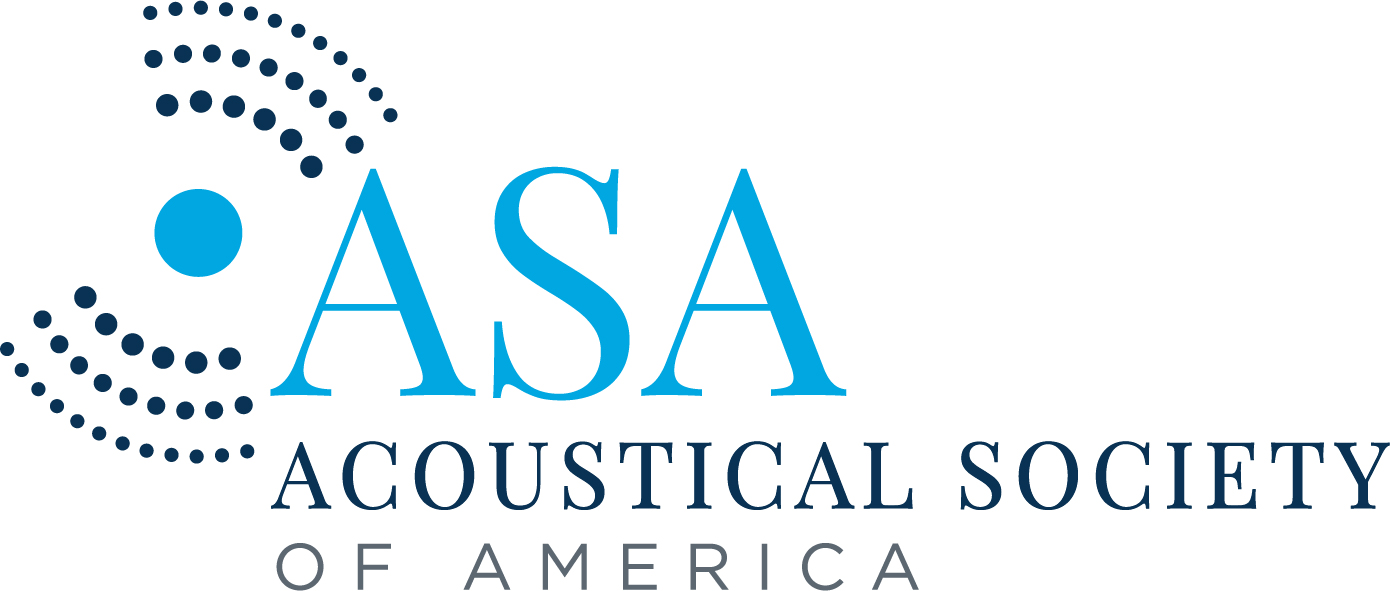Adam Bosen – adam.bosen@boystwon.org
Boys Town National Research Hospital
555 N. 30th St
Omaha, NE 68131
Popular version of paper 1aSC1 Reconsidering reading span as the sole measure of working memory in speech recognition research
Presented Tuesday morning, June 8th, 2021
180th ASA Meeting, Acoustics in Focus
Many patients with cochlear implants have difficulty understanding speech. Cochlear implants often do not convey all of the pieces of speech, so the patient often has to use their memory of what they heard to fill in the missing pieces. As a result, their ability to understand speech is correlated with their performance on working memory tests (O’Neill et al., 2019). Working memory is our ability to simultaneously remember some information while working on other information. For example, if you want to add 57 and 38 in your head you need to sum 7+8 and then hold the result in memory while you work on summing 50+30.
The reading span test is a common tool for measuring working memory. In this test, people see lists of alternating sentences and letters and must decide whether each sentence makes sense while simultaneously remembering the letters. The reading span test is important because it often predicts how well people with hearing loss can understand speech.
We do not know is why the reading span test is related to speech understanding. One idea is that the ability to simultaneously remember and work on interpreting what you heard is essential for understanding unclear speech. To test this idea, our lab asked young adults with normal hearing to try to understand unclear sentences. These sentences were mixed with two other people talking in the background and then processed to mimic the limited signal a cochlear implant provides.
[Vocoded Speech in Babble.mp3, An unclear recording of someone saying “If the farm is rented, the rent must be paid” with other people talking in the background.]
They also completed memory tests which do not require them to work on anything, such as remembering lists of spoken numbers (example) or words on a screen (example). These tests were as good as reading span at predicting how well these participants could understand unclear speech. This finding indicates that the reading span test is just one way to assess the parts of memory that relate to understanding speech. We conclude that the ability to simultaneously remember and work on information is not the only part of memory that helps us understand unclear speech.
We also tested older adults with cochlear implants on their ability to understand sentences and their ability to remember lists of numbers. Surprisingly, we did not find a relationship between remembering lists of numbers and understanding speech like we did in young adults with normal hearing. This finding indicates that age and/or hearing loss change which parts of working memory relate to understanding speech. Previous work suggests that some parts of working memory tend to decline with age, while others do not (Bopp & Verhaeghen, 2005; Oberauer, 2005). We conclude that further untangling the link between working memory and understanding speech requires measuring different parts of memory using multiple tests.
Bopp, K. L., & Verhaeghen, P. (2005). Aging and Verbal Memory Span: A Meta-Analysis. Journal of Gerontology, 60B(5), 223–233. https://doi.org/https://doi.org/10.1093/geronb/60.5.P223
O’Neill, E. R., Kreft, H. A., & Oxenham, A. J. (2019). Cognitive factors contribute to speech perception in cochlear-implant users and age-matched normal-hearing listeners under vocoded conditions. The Journal of the Acoustical Society of America, 146(1), 195–210. https://doi.org/10.1121/1.5116009
Oberauer, K. (2005). Control of the contents of working memory – A comparison of two paradigms and two age groups. Journal of Experimental Psychology: Learning Memory and Cognition, 31(4), 714–728. https://doi.org/10.1037/0278-7393.31.4.714
